From the Chicago Reader (July 7, 1995). — J.R.
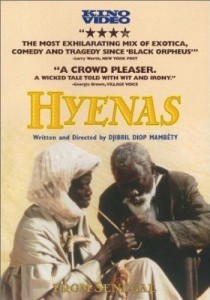
Hyenas
Rating *** A must see
Directed and written by Djibril Diop Mambety, adapted from Friedrich Durrenmatt’s The Visit
With Mansour Diouf, Ami Diakhate, Mahouredia Gueye, Issa Ramagelissa Samb, Kaoru Egushi, and Mambety.
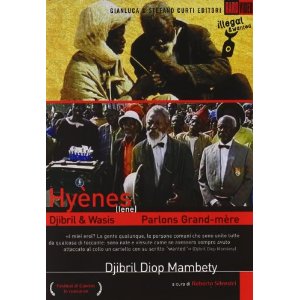
“The plot by now must be well known; a flamboyant, much-married millionairess returns to the Middle-European town where she was born and offers the inhabitants a free gift of a billion marks if they will consent to murder the man who, many years ago, seduced and jilted her….Eventually, and chillingly, her chosen victim is slaughtered, but I quarrel with those who see the play merely as a satire on greed. It is really a satire on bourgeois democracy. The citizens…vote to decide whether the hero shall live or die, and he agrees to abide by their decision. Swayed by the dangled promise of prosperity, they pronounce him guilty. The verdict is at once monstrously unjust and entirely democratic. When the curtain falls, the question that Herr Dürrenmatt intends to leave in our minds is this: at what point does economic necessity turn democracy into a hoax?”
These words of wisdom from Kenneth Tynan, written in 1960 about Friedrich Durrenmatt’s 1956 play The Visit, are well worth recalling when you make your way to the Film Center this week or next to see Djibril Diop Mambety’s wonderful Senegalese feature Hyenas (1992) at the Black Harvest International Film and Video Festival. Read more
From the Chicago Reader (June 16, 1995). — J.R.
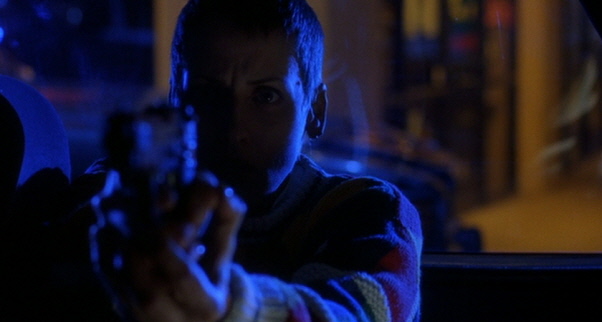

The Glass Shield
Rating *** A must see
Directed and written by Charles Burnett
With Michael Boatman, Lori Petty, Ice Cube, Elliott Gould, Richard Anderson, Don Harvey, Michael Ironside, Michael Gregory, Bernie Casey, and M. Emmet Walsh.
Smoke
Rating * Has redeeming facet
Directed by Wayne Wang
Written by Paul Auster
With William Hurt, Harvey Keitel, Stockard Channing, Harold Perrineau, Giancarlo Esposito, Ashley Judd, and Forest Whitaker.
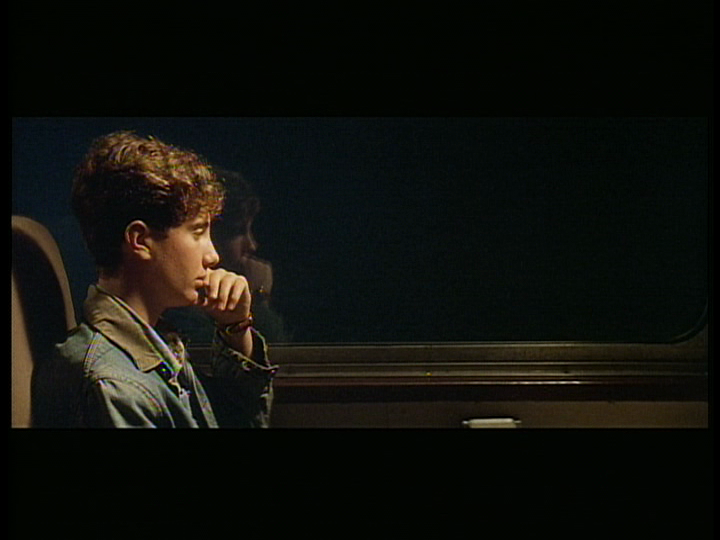
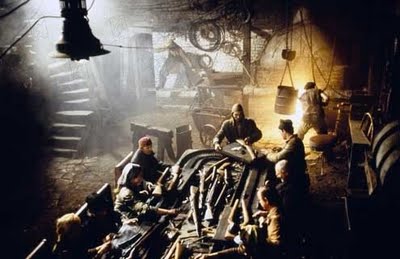
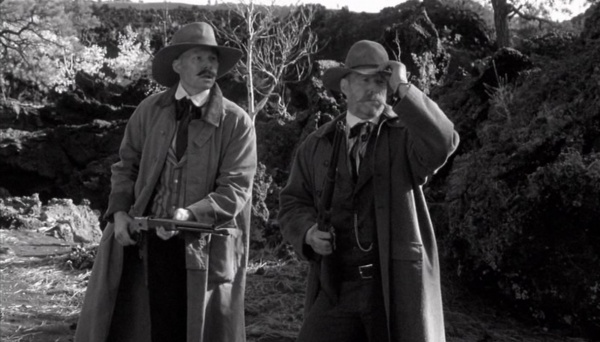
My dozen favorite films at Cannes this year? Terence Davies’s ecstatic wide-screen The Neon Bible, set in a perfectly imagined Georgia of the early 40s, with Gena Rowlands; Emir Kusturica’s Yugoslav black-comedy epic Underground; Hou Hsiao-hsien’s beautiful if difficult Good Men, Good Women; Jim Jarmusch’s transgressive western Dead Man; Jafar Panahi’s The White Balloon, an Iranian urban comedy about children that unfolds in real time; Zhang Yimou’s Shanghai Triad, a cross between Sternberg’s The Devil Is a Woman — with Gong Li taking the place of Marlene Dietrich — and Billy Bathgate; and Manoel de Oliveira’s The Convent (Ruizian metaphysics and theology with John Malkovich and Catherine Deneuve). Then there were such pleasures on the market as Gianni Amelio’s Lamerica, a mordant treatment of the collapse of communism in Albania; lively low-budget musicals by Jacques Rivette and Joseph P. Read more
From the Chicago Reader (January 1, 1995). — J.R.
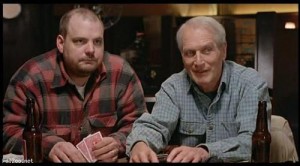
This is the first Robert Benton movie I’ve really liked — and possibly my favorite Paul Newman performance since The Hustler. Based on a Richard Russo novel and set in upstate New York, it has both the poetry and the authenticity of failure, describing a community of fuckups headed by a 60-year-old part-time construction worker (Newman) who left his family decades earlier, and including his pathetic assistant (Pruitt Taylor Vince), his mean-spirited occasional employer (Bruce Willis at his best), the latter’s neglected wife (Melanie Griffith), and an ineffectual one-legged lawyer (Gene Saks). Conceived somewhat in the spirit of Chekhov’s stories, this 1994 feature ambles along semiplotlessly, focusing on the petty love-hatreds that link people together in small towns and the everyday orneriness that keeps them alive; it becomes only slightly less compelling when it develops a plot about the hero belatedly making peace with his abandoned son and one of his two grandsons. For better and for worse, it’s still a Hollywood movie (and a white boys’ movie to boot), but one with a more alert eye and feeling for American life than most of its competitors. With Jessica Tandy (in one of her last performances) and Dylan Walsh. Read more








